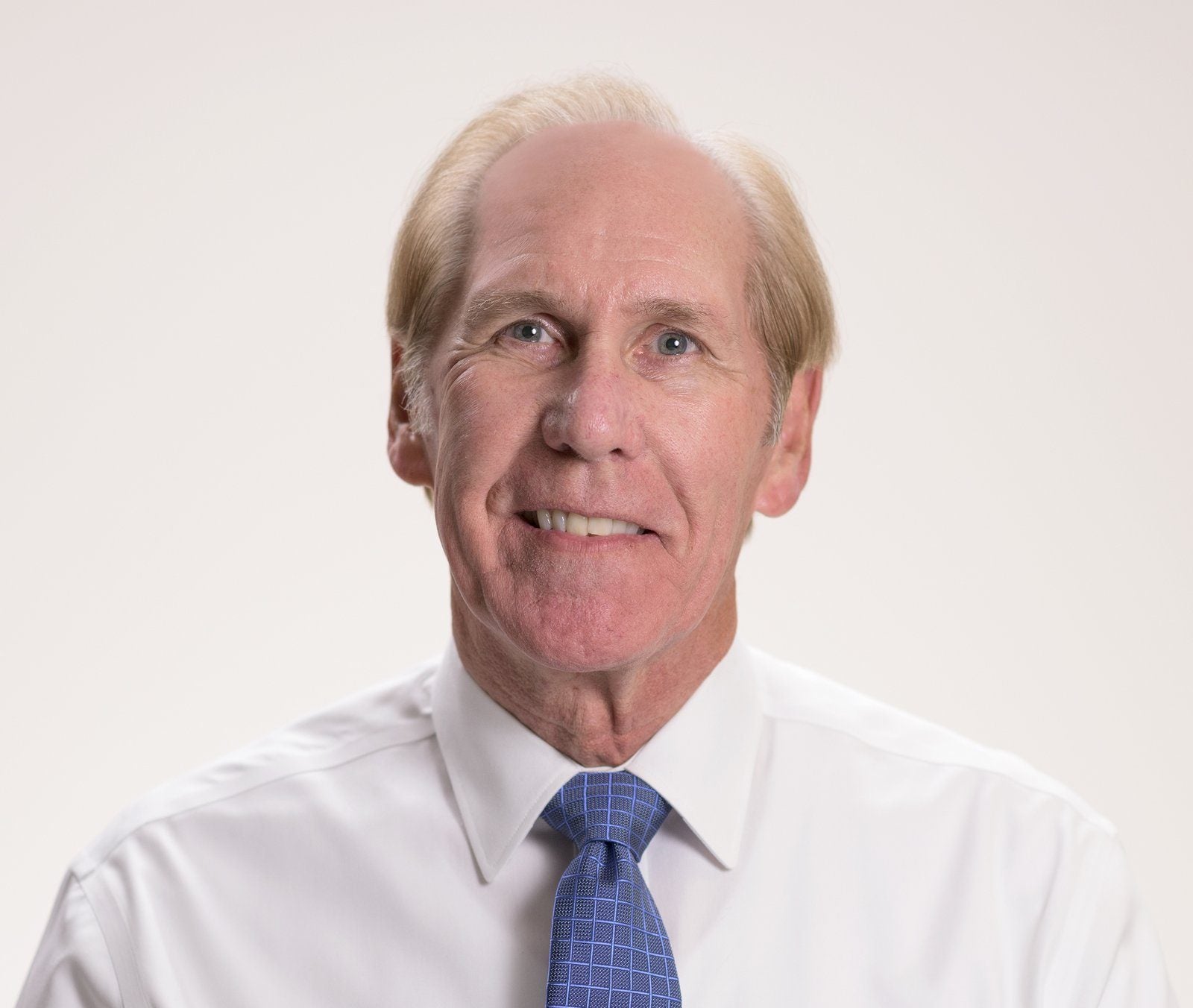It’s not enough to just praise the Lord
Published 10:51 pm Tuesday, June 7, 2016
By Michael Brooks
Brooks is a pastor of the Siluria Baptist Church and adjunct instructor at Jefferson State Community College.
A popular gospel song is titled, “Let’s Just Praise the Lord.” But one worship leader took issue with it — a worship leader with great credibility in the evangelical world at that.
The late Don Hustad provided music for Billy Graham’s radio ministry, then worked as an organist for Graham’s televised crusades. Hustad later taught at Moody Bible Institute and the Southern Baptist Theological Seminary. He published an article in “Christianity Today” in 1979 titled, “Let’s Not Just Praise the Lord.”
Hustad’s point was that “just” signifies completion. When a parent tell a child, “Just hush!” it means end-of-conversation. Hustad argued that it’s not enough just to praise the Lord. We must take the additional step of obeying the Lord.
Hustad argued that this applied to worship. “Praise and worship” is a popular descriptor these days, but praise and worship is nothing new — it’s as old as the Old Testament. And the church has praised and worshipped the Lord for the past 2000 years. Hustad believed praise leads one into the presence of the Lord, but the next step is surrender to him. Thus, it’s not enough just to praise the Lord.
A mentor of mine taught me years ago that a worship service should begin with a hymn of praise to God the father, and then the music and scripture should move to other themes such as salvation and devotion and culminate with commitment. I’ve had some serious discussions with music ministers over the years about this, and I tried to convince them I was correct!
And what Hustad asserted applies to the Christian life.
Jesus told a parable in Matthew 21 about a father and two sons. The father told the first son, “Go and work in my fields today.” The son said “no,” but relented and went to work.
The father told the second son the same thing. He said “Yes, I will,” but he never made it into the father’s fields. Jesus asked the religious leaders which son did the will of the father. The answer is obvious.
Then he said, “The tax collectors and harlots enter into the kingdom of God before you” (Matthew 21: 31).
The religious leaders were represented by the son who initially said “yes” but who didn’t do the father’s will — they rejected the gospel.
The dregs of society, the tax collectors and harlots, were those who heard the gospel, obeyed the heavenly father and experienced transformation.
Praise leads us into God’s presence, but it’s not complete in itself. And as Jesus reminded us, “Not everyone who says to Me, ‘Lord, Lord,’ shall enter the kingdom of heaven, but he who does the will of My father in heaven” (Matthew 7: 21).



